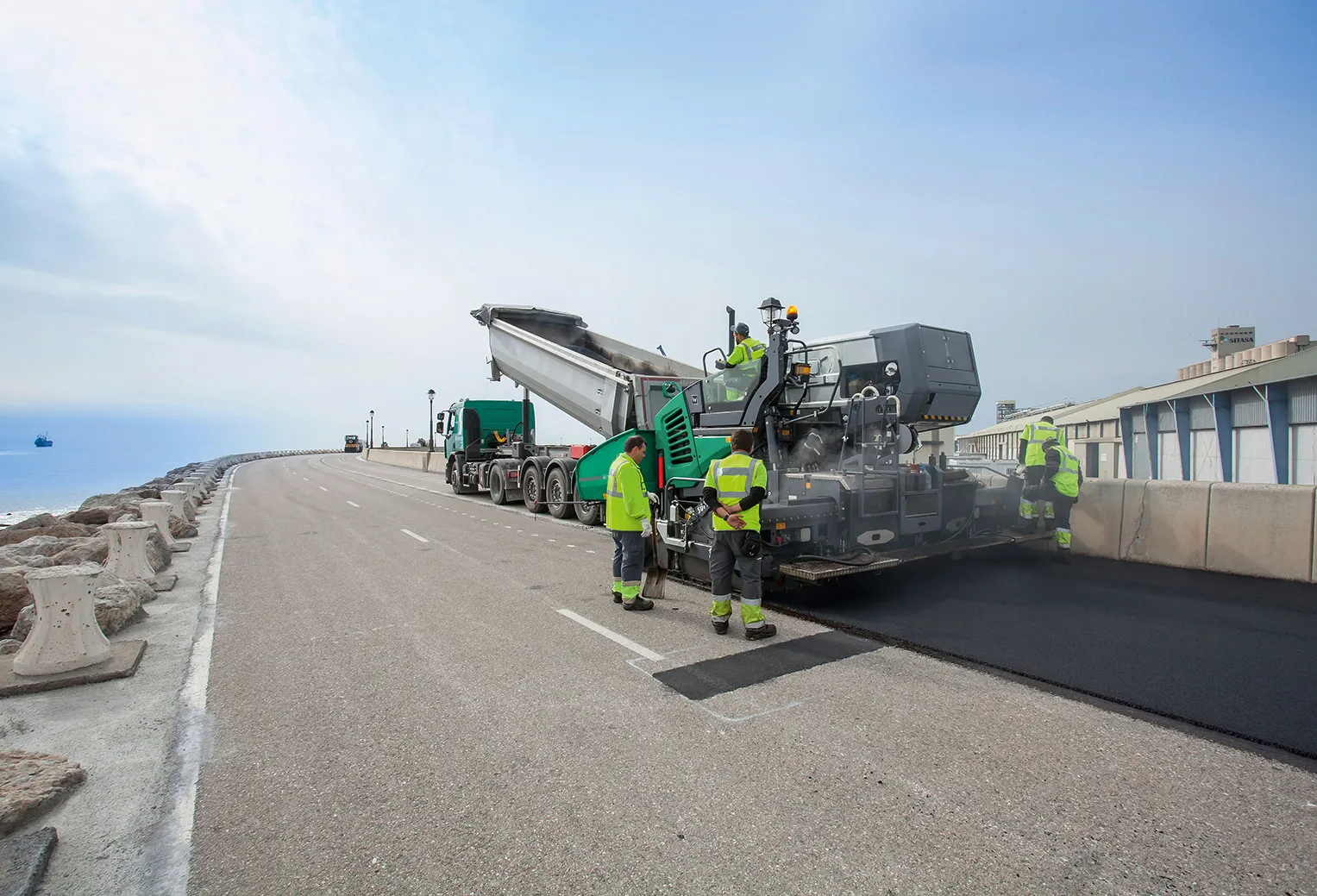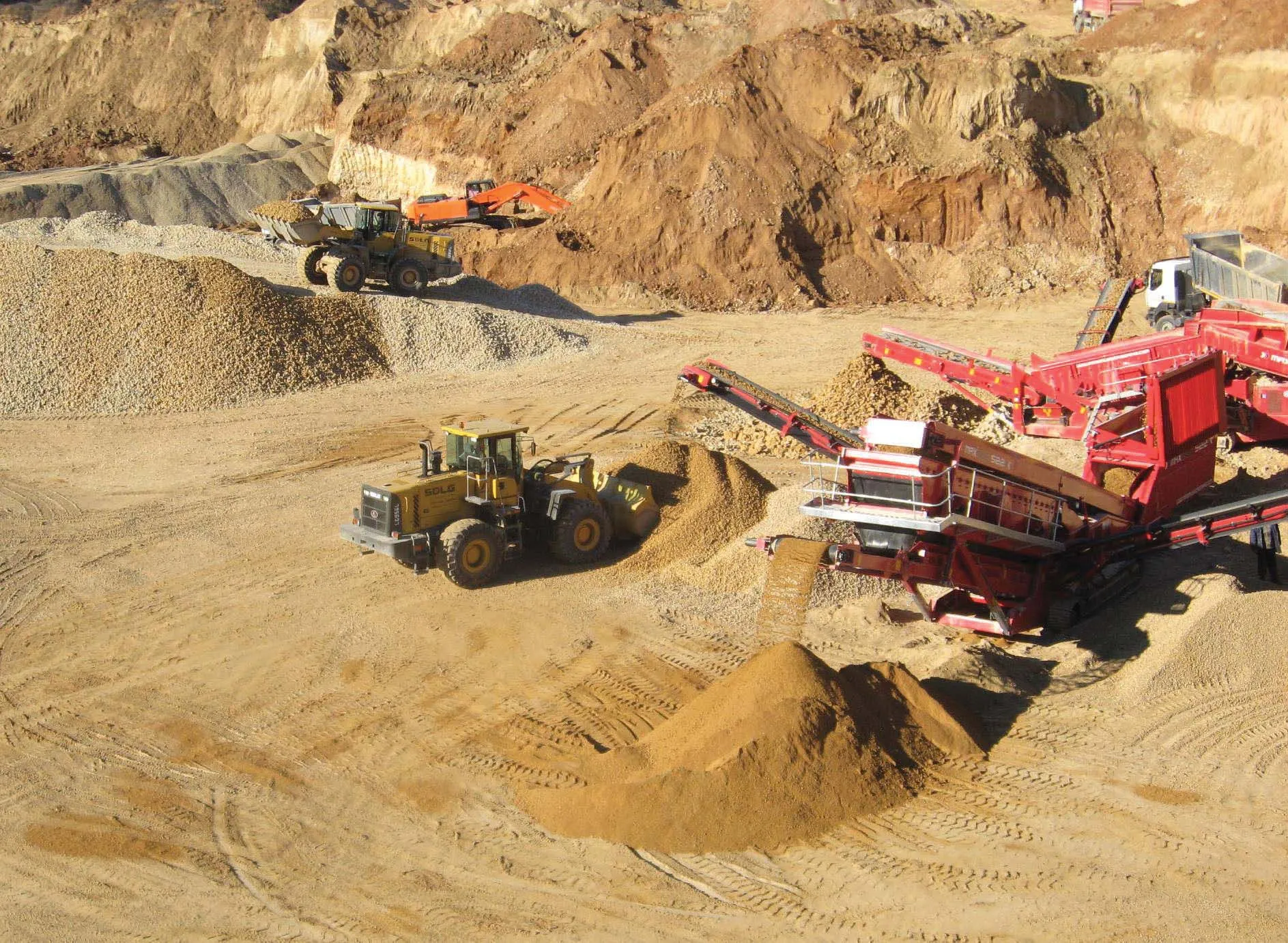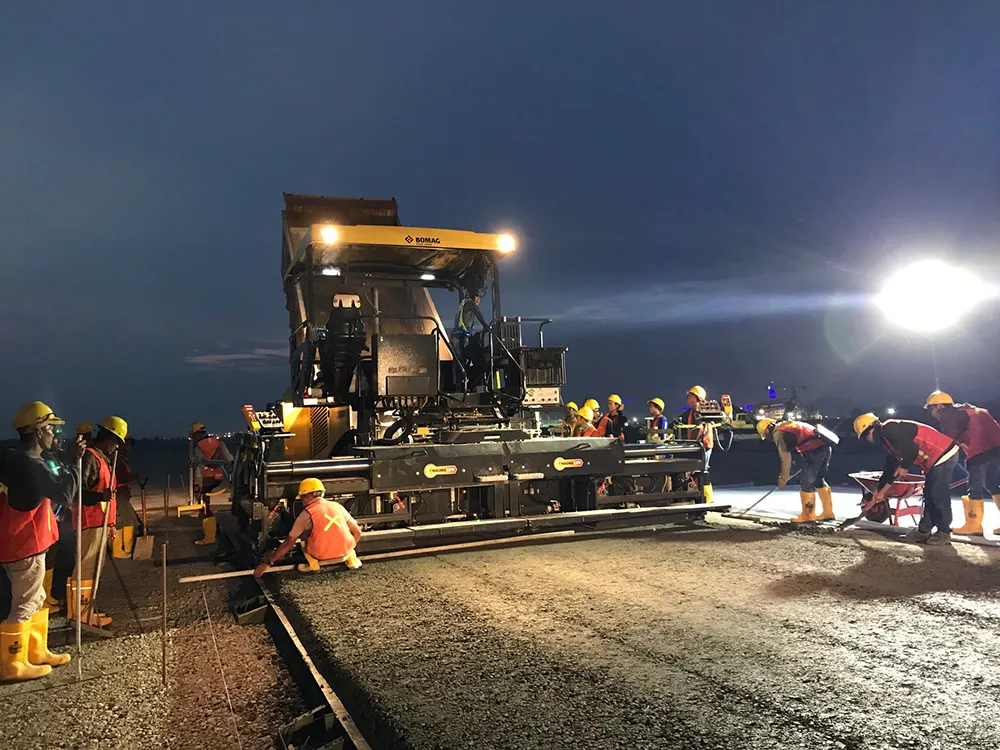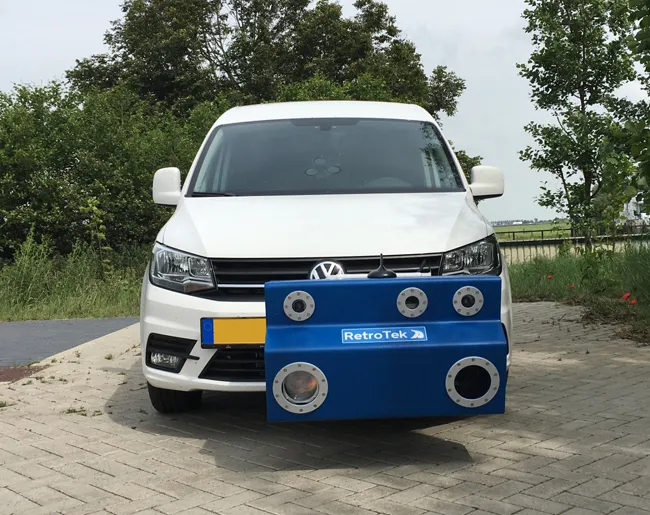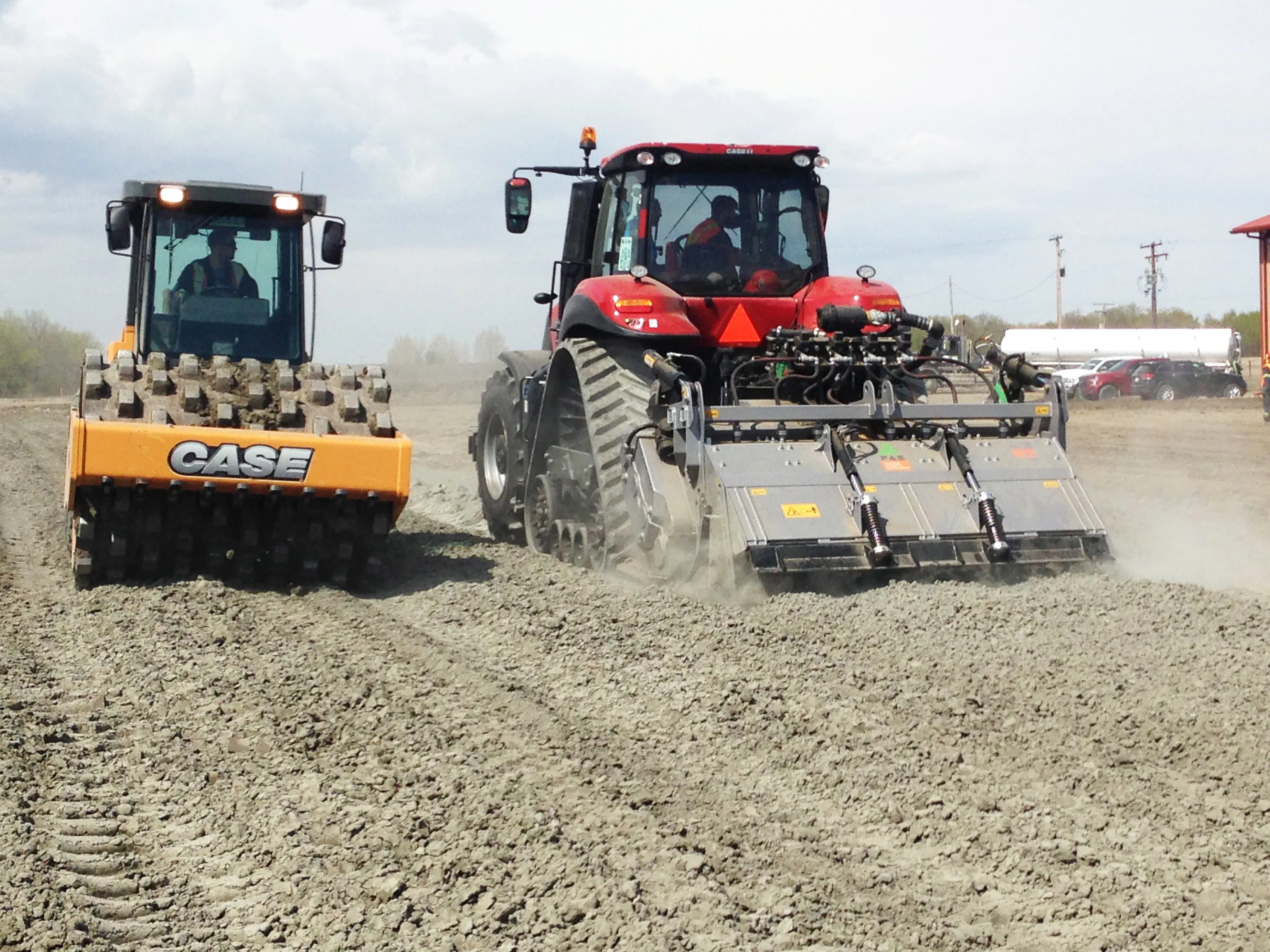
A number of units from the
The company has a fleet of 130 machines that operate and maintain 700km of roads. The FAE MTH models were selected for the job as the units allow the customer to carry out the work in three passes, covering the 7m width of the road. The units allow for preparation and full depth reclamation of the road base. The two machines were supplied by GB Equipment, an authorised FAE distributor for central and eastern Canada. The FAE MTH machines are able to crush rocks, stabilise and carry out full depth reclamation. This is a step forward for Rural Municipality Wilton as its previous work method consisted of picking up rocks from the road, moving them to a plant to be crushed and bringing them back onsite. The firm says that using MTH machines allows it to carry out the same task in one pass onsite, providing a better final result. Using the equipment requires less work, less time and gives a better result according to the contractor.
Rural Municipality Wilton owns two of the MTH units, which are equipped with full options and water spray systems and towed by


